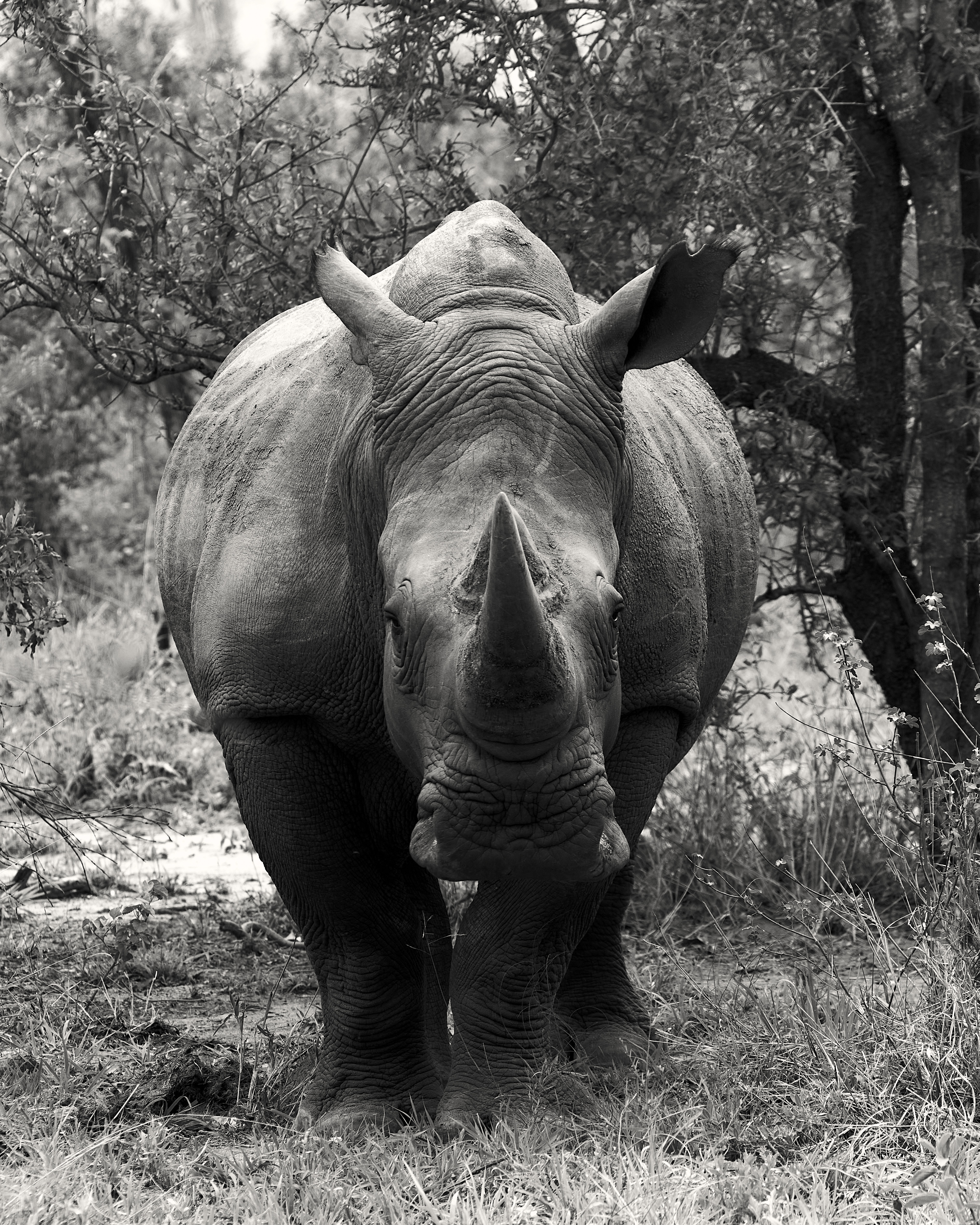RWANDA:
PAVING THE WAY FOR ECO-TOURISM
WORDS BY TANITA MEHTA
22.02.2024

Rwanda, located in Central Africa has become known for its eco-tourism efforts that promote conservation and support local communities. Eco-tourism is a growing sector in the country, offering visitors a unique opportunity to experience the country's breath-taking landscapes and wildlife while supporting local communities and conservation efforts. What is eco-tourism, you ask? Eco-tourism, also known as eco-travel or sustainable tourism, is a form of tourism that focuses on experiencing natural environments while minimising impact on these ecosystems and promoting conservation efforts. The goal of eco-tourism is to provide an authentic and educational experience, whilst generating revenue for conservation and local communities, allowing them to protect and preserve their natural and cultural heritage.
Eco-tourism in Rwanda offers a number of benefits and strategies for both the local communities and the environment:
1. Economic benefits: Eco-tourism provides a source of income for local communities through activities such as homestays, cultural tours, and wildlife guiding. This can help reduce poverty and create jobs in rural areas.
2. Conservation benefits: By supporting eco-tourism, locals have a financial incentive to protect the environment and wildlife. This helps to conserve ecosystems and wildlife habitats and prevent deforestation and spawning of land for agriculture.
3. Cultural preservation: Eco-tourism can help preserve local cultures by showcasing traditional customs and practices to visitors. This can help raise awareness of the importance of cultural heritage and promote cultural exchange and understanding.
4. Education: Through eco-tourism and other sustainable tourism activities, visitors can learn about the importance of conservation and environmental protection and take this knowledge back to their home countries.
5. Biodiversity protection: Eco-tourism can help protect biodiversity by promoting conservation efforts and supporting sustainable use of natural resources. This can help to maintain healthy ecosystems and protect threatened species.
Through their sustainable development and conservation efforts, Rwanda is paving the way for eco-tourism throughout the world. Although there is always room for improvement, there is a wealth to learn from this developing nation. By understanding the benefits and making the effort to implement new strategies, the tourism industry can become more sustainable for future generations.
Eco-tourism in Rwanda offers a number of benefits and strategies for both the local communities and the environment:
1. Economic benefits: Eco-tourism provides a source of income for local communities through activities such as homestays, cultural tours, and wildlife guiding. This can help reduce poverty and create jobs in rural areas.
2. Conservation benefits: By supporting eco-tourism, locals have a financial incentive to protect the environment and wildlife. This helps to conserve ecosystems and wildlife habitats and prevent deforestation and spawning of land for agriculture.
3. Cultural preservation: Eco-tourism can help preserve local cultures by showcasing traditional customs and practices to visitors. This can help raise awareness of the importance of cultural heritage and promote cultural exchange and understanding.
4. Education: Through eco-tourism and other sustainable tourism activities, visitors can learn about the importance of conservation and environmental protection and take this knowledge back to their home countries.
5. Biodiversity protection: Eco-tourism can help protect biodiversity by promoting conservation efforts and supporting sustainable use of natural resources. This can help to maintain healthy ecosystems and protect threatened species.
Through their sustainable development and conservation efforts, Rwanda is paving the way for eco-tourism throughout the world. Although there is always room for improvement, there is a wealth to learn from this developing nation. By understanding the benefits and making the effort to implement new strategies, the tourism industry can become more sustainable for future generations.
ABOUT
Driven by her upbringing in South Africa and studies in Media, Marketing, and Sustainability, Tanita's visual and physical explorations are guided by a deep sense of intention. This is infused with an artistic lens from her years of painting, uniting formal elements of art with environmental and social theory.
Art Direction
Conceptualising and directing documentary-style editorials that aim to reimagine sustainability, while collaborating with designers, photographers, and stylists both locally and abroad.
Travel Journal
Inspiring a conscious mindset. Documenting destinations and experiences that benefit both the traveller and local communities.

